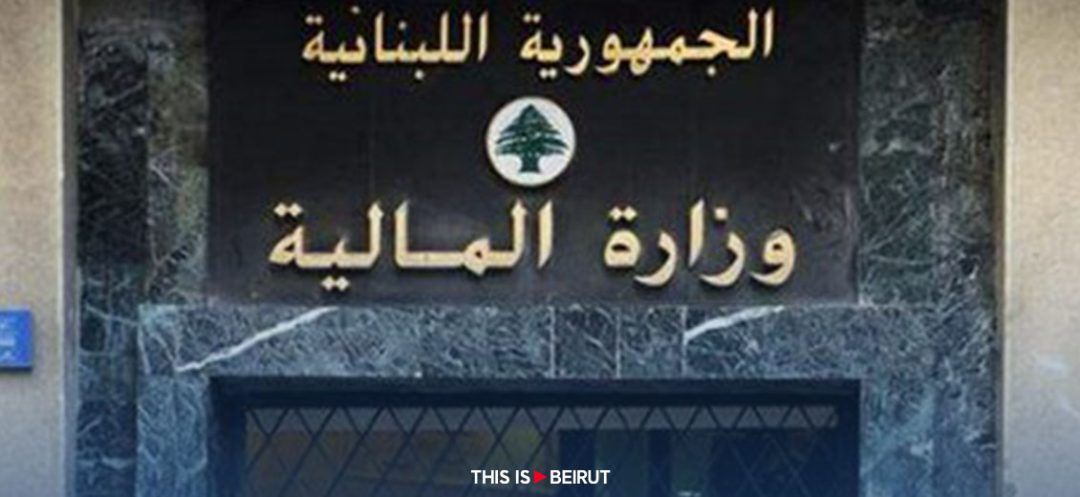
The Ministry of Finance has directed the Association of Banks in Lebanon (ABL) to notify its members to provide a list of their clients, individuals and entities, including names, addresses and tax registration numbers, who have repaid their debts in bank dollars or lollars.
This request is based on provisions of tax procedural law and aims to tax windfall profits realized under exceptional circumstances.
In its latest report on Lebanon, the International Monetary Fund (IMF) estimated “windfall profits” realized through the end of 2021 at $15 billion, alongside approximately $32 billion in bank loans repaid early in lollars from October 2019 to the same period in 2021.
In this context, it's notable that the profits earned complied with the prevailing laws at the time and were legitimate. The current focus is simply on taxing these profits. The resulting revenue would go towards funding the Bank Deposit Recovery Fund, currently under review in parliamentary committees.
The financial chaos at the onset of the crisis favored borrowers at the expense of depositors. The IMF has highlighted this phenomenon and recommended redistributing wealth between these two groups.
Beneficiaries and Losers
At the onset of the crisis, economic actors were unprepared for its multiple impacts, which caught everyone off guard. Many borrowers from banks repaid their dollar-denominated loans using lollars checks, non-liquid green greenbacks. This further depleted the cash reserves in greenbacks held by banks, which essentially represented clients’ deposits. This process resulted in both losers and beneficiaries alike.
The Three Categories
Businesses and individuals which benefited from this chaotic situation can be classified into three categories. The first includes those who repaid their loans using their own foreign currency bank accounts. The second category comprises economic agents who purchased foreign currency checks at a discounted rate on the market, which they deposited into their bank accounts to settle their debts instead of directly paying in cash. A check at a discounted market rate refers to a foreign currency check exchanged or sold at a price below its face value due to factors like exchange rate fluctuation between foreign currency and the local currency. Lastly, the third category consists of businesses and individuals who repaid their dollar-denominated loans in Lebanese pounds at the official rate of 1,500 pounds per dollar.
The Imperative Need for a Law
The second and third categories should logically be targeted by the tax, as they repaid their loans below their actual value. This tax is currently under consideration in a bill by the Ministry of Finance. While some legal experts argue that implementing this tax requires new legislation, others contend that applying the existing Lebanese tax law, which imposes a 17% tax on profits, is enough. Taxable gains for borrowers would reflect the exchange rate difference between bank rates and those of the parallel market.
Losses for All
The fallout from the chaos has affected not only depositors but also banks. The early repayment of loans has harmed multiple parties, leading banks to lose earnings by depriving them of the interest they would have earned over the loans' original terms.
That being said, despite facing additional penalties for early repayment, businesses remained undeterred by these fines due to the substantial profits they could gain. Moreover, existing legislation supported their actions, making it difficult for banks to dissuade them.
The real estate sector reaped substantial benefits from the early repayment procedure for loans in lollars. This approach allowed indebted individuals to settle their real estate loans using bank checks in bank dollars. Subsequently, real estate developers also used similar checks to repay their loans to the banks.
According to certain experts, this type of tax could generate revenues of between two to three billion dollars for the Deposit Recovery Fund, marking a substantial contribution.
Read more




Comments